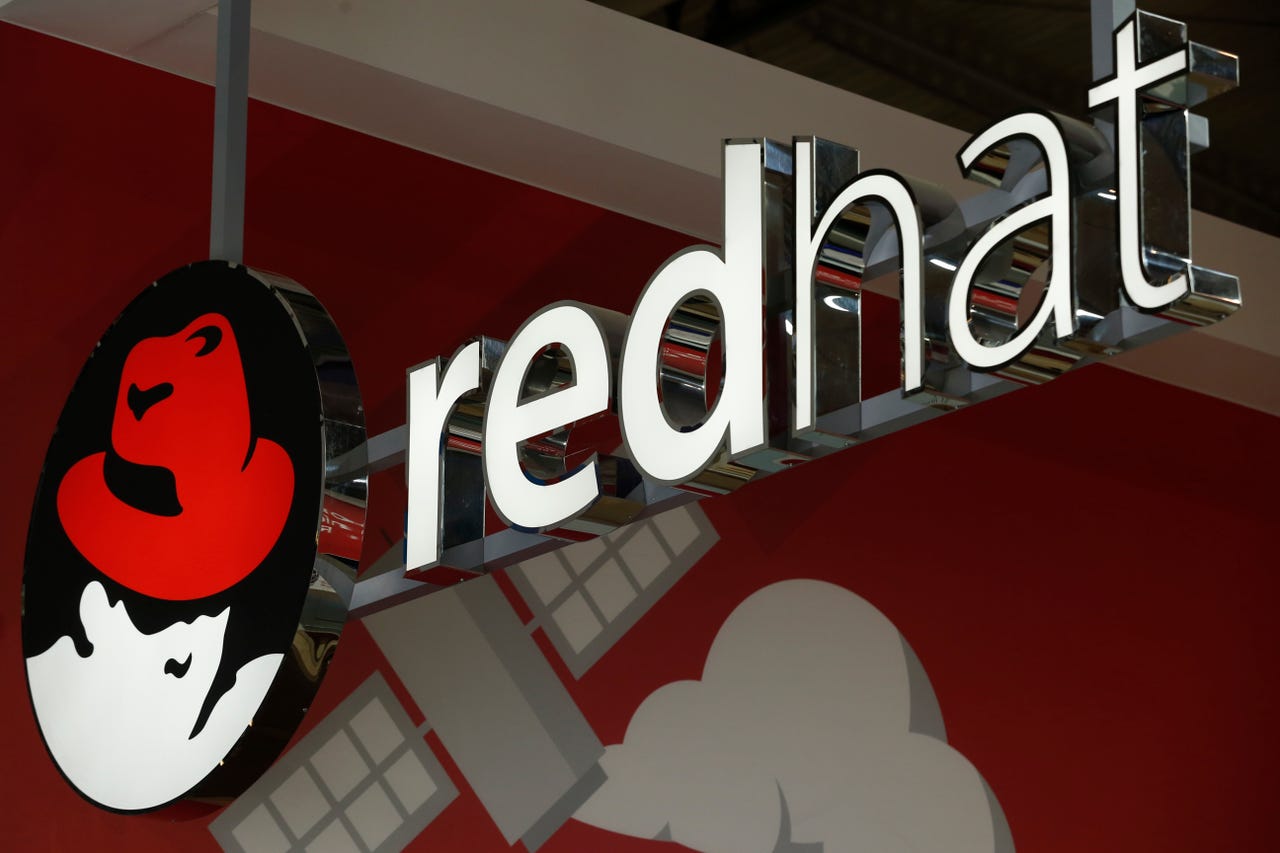































 Getty Images
Getty Images You can run Kubernetes straight from the code, but few companies have the nerves to do it. Instead, they turn to programs such as Red Hat's OpenShift. These make orchestrating containers much easier. Now, with its most recent update, Red Hat OpenShift 4.10, is also adding artificial intelligence (AI) and machine learning (ML) functionality to its bag of tricks,
The AI and ML deployments are well underway, but for CXOs the biggest issue will be managing these initiatives, and figuring out where the data science team fits in and what algorithms to buy versus build.
Read nowRed Hat is pulling this off by allying with Nvidia. Specifically, this latest OpenShift version is certified to work with NVIDIA AI Enterprise 2.0. Nvidia AI Enterprise is an AI software suite to get both experienced and new AI companies to quickly get to work on AI development and deployment. It does this by providing proven, open-sourced containers and frameworks. These are certified to run on common data center platforms from both Red Hat and VMware vSphere with Tanzu. This setup uses Nvidia Certified servers configured with GPUs or CPU only, either on-premise on the cloud. The idea is to give customers a ready-to-run AI platform so companies can focus on creating business value from AI, not on running the AI infrastructure.
Red Hat customers now deploy Red Hat OpenShift on NVIDIA-Certified Systems with Nvidia Enterprise AI software as well as on previously supported Nvidia DGX A100 systems, another high-performance AI workload compute system. This also enables organizations to quickly deploy an AI infrastructure to consolidate and accelerate the MLOps lifecycle.
Of course, there's more to this latest OpenShift update than AI support. Red Hat OpenShift 4.10 also supports a wider spectrum of cloud-native workloads across the open hybrid cloud by supporting additional public clouds and hardware architectures. These new features and capabilities include:
Installer provisioned infrastructure (IPI) support for Azure Stack Hub and Alibaba Cloud and IBM Cloud, both available as a technology preview. Users can now use the IPI process for fully automated, integrated, one-click installation of OpenShift 4.
Running Red Hat OpenShift on Arm processors. Arm support will be available in two ways: full stack automation IPI for Amazon Web Services (AWS) and user provisioned (UPI) for bare-metal on pre-existing infrastructure.
Red Hat OpenShift availability on NVIDIA LaunchPad. NVIDIA LaunchPad provides free access to curated labs for enterprise IT and AI professionals to experience Nvidia-accelerated systems and software.
Many customers have long been awaiting the day they could run OpenShift on ARM. It offers cost savings, reduced power consumption, and, in some scenarios, performance gains. It finally appeared as a beta last summer, and now it's ready to run in production. As Eddie Ramirez, ARM's vice president of Infrastructure Line of Business, said, "By adding support for Arm to OpenShift, Red Hat is providing software developers with compelling, new choices in AI processing and helping to unlock the benefits of high performing, cost-efficient Arm-based processors in hybrid cloud-based environments."
The brand-new OpenSift also includes three new compliance operators so if your business works in retail, electrical utilities, or federal government contracting, you make certain your Kubernetes clusters comply with these standards.
The Payment Card Industry Data Security Standard (PCI DSS) is a set of security standards focused on helping companies that accept, process, store, or transmit credit card information with greater confidence.
North American Electric Reliability Corporation Critical Infrastructure Protection (NAERC CIP) is a set of requirements to address the security needs associated with operating North America's bulk electric system.
FedRAMP Moderate impact level is the cloud computing security standard for sending, receiving, and storing controlled, unclassified information across federal government agencies.
Finally, OpenShift 4.10 has improved its security by making sandboxed containers, based on Kata containers, generally available. Sandboxed containers provide an optional additional layer of isolation for workloads with stringent application-level security requirements. This complements OpenShift's older built-in security functionality such as SELinux, role-based access control (RBAC), projects, security context constraints (SCCs), and Kubernetes network policies.
Security improvements have also been made to keep OpenShift clusters running well in disconnected or air-gapped settings. With this, you can mirror OpenShift images and keep them up to date even though the clusters are usually disconnected.
NVIDIA Enterprise AI 2.0 on OpenShift 4.10 and OpenShift 4.10 are now generally available.
See also
 Hot Tags :
Business
Data Centers
Hot Tags :
Business
Data Centers